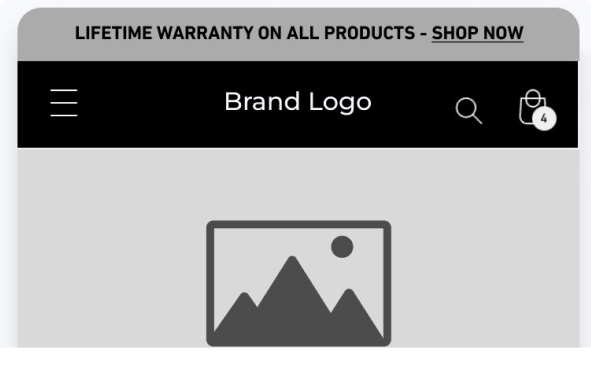In the past decade, podcasts have gone from being a niche medium to a popular form of entertainment, rivaling traditional media. In fact, 64% of Americans have listened to a podcast at some point, with 42% listening to one in the past month. For content marketers, podcasts offer an engaging way to connect with new audiences. The accessibility of podcasting means that anyone with a microphone can share their ideas with a global audience.
When choosing a podcast format, start by considering the type of content your audience wants. Analyze your website and social media analytics to determine the topics that resonate most with your audience. For example, if your audience enjoys long-form blogs, consider starting a podcast that delves deep into industry challenges. If your audience prefers shorter takes on current events, a conversational podcast may be more engaging.
There are eight common podcast formats to choose from. With about 2,625,932 podcasts available for download on Apple Podcasts, it may seem overwhelming to compete. However, by targeting a niche audience and putting your unique spin on one of these formats, you can stand out.
1. Interview Podcasts: This format involves one or two hosts interviewing one or more guests. The guests provide unique expertise or insights on a specific topic or industry. It can be further divided into expert interviews and entertainment interviews.
2. Conversational Podcasts: This format features two hosts having entertaining conversations about specific themes and topics, often with humorous or insightful commentary. Guests may also be included.
3. Monologue Podcasts: In this format, a single host speaks for the entirety of each episode, sharing their expertise or opinion on a specific topic or recent events. Educational podcasts often use this format.
4. Storytelling / Investigative Podcasts: This format tells immersive stories or investigates specific topics, often using a narrative approach. It requires excellent research skills and a focus on entertainment value.
5. Roundtable Podcasts: Roundtable podcasts involve a consistent or rotating group of hosts discussing specific topics. Each host may have a different role, such as providing comedic commentary or in-depth expertise.
6. Theatrical Podcasts: Fictional or narrative podcasts use storytelling techniques to entertain listeners. They can be narrated by a single host or feature a cast of voice actors and sound engineers.
By selecting the right podcast format for your audience and adding your unique perspective, you can create a podcast that stands out in the crowded market.
Source link























